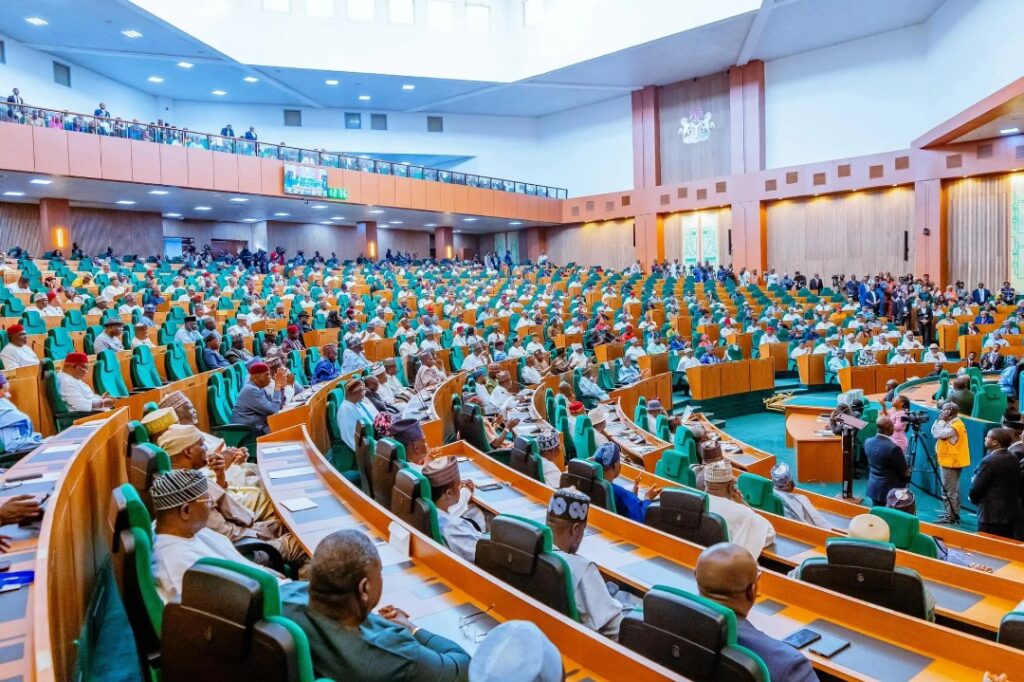The House of Representatives has resolved to establish an ad hoc committee to investigate abandoned Federal Government–owned landed properties and buildings across the country, reportedly valued at more than ₦20 trillion.
This resolution followed the adoption of a motion of urgent national importance moved by the Minority Leader, Hon. Kingsley Chinda (PDP, Rivers) during plenary on Wednesday.
Citing Order 8, Rule 5 of the House Standing Orders and Sections 88 and 89 of the 1999 Constitution (as amended), Chinda explained that the probe seeks to prevent further wastage of public resources and ensure the recovery and effective utilisation of valuable national assets.
The lawmaker referenced a 2021 report by the Nigerian Institute of Quantity Surveyors, which identified approximately 11,866 abandoned federal projects nationwide—representing about 63 per cent of all federal projects initiated since independence.
Among the notable properties mentioned are the Federal Secretariat Complex, Ikoyi (Lagos); the Nigerian International Hotel Building, Suleja (Niger State); the Millennium Tower, Abuja; the Federal Inland Revenue Service Building, Abia State; the National Library Headquarters, Abuja; the Nigerian Newsprint Manufacturing Company, Kaduna; the Kaduna Textile Building; and the Nigerian Aluminium Smelting Company, Delta State.
Chinda lamented that the Presidential Implementation Committee on Federal Government Properties, established in 2000, has yet to submit its final report, describing the delay as a reflection of weak accountability mechanisms in the management of public assets.
“The committee’s failure to conclude its assignment raises serious issues of transparency and responsibility in the handling of federal properties,” Chinda said.
He warned that decades of neglect had left many of the buildings structurally compromised and economically unviable, with inflation and outdated engineering standards further reducing their market value.
The lawmaker urged the Federal Government to revive and repurpose these assets through public–private partnerships (PPPs) to restore economic value and halt further deterioration.
“The government can rescue these assets through PPPs to prevent continued wastage and loss of national wealth,” he added.
Following deliberations, the House unanimously adopted the motion through a voice vote presided over by the Speaker.
The yet-to-be-constituted ad hoc committee is expected to review existing reports, verify the current status of all identified properties, and recommend strategies for recovery, including viable private sector collaboration.
The committee has been given six weeks to submit its findings for further legislative action.



